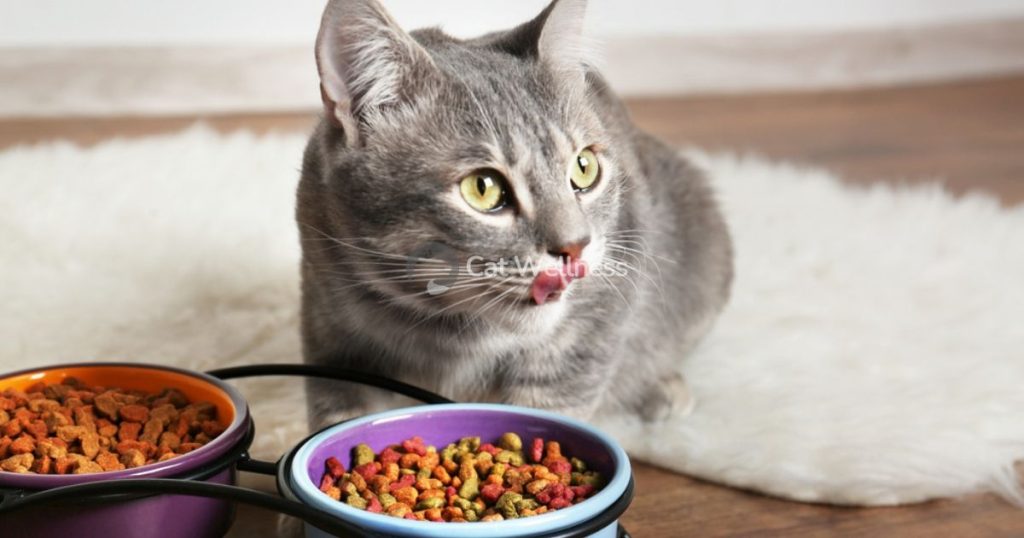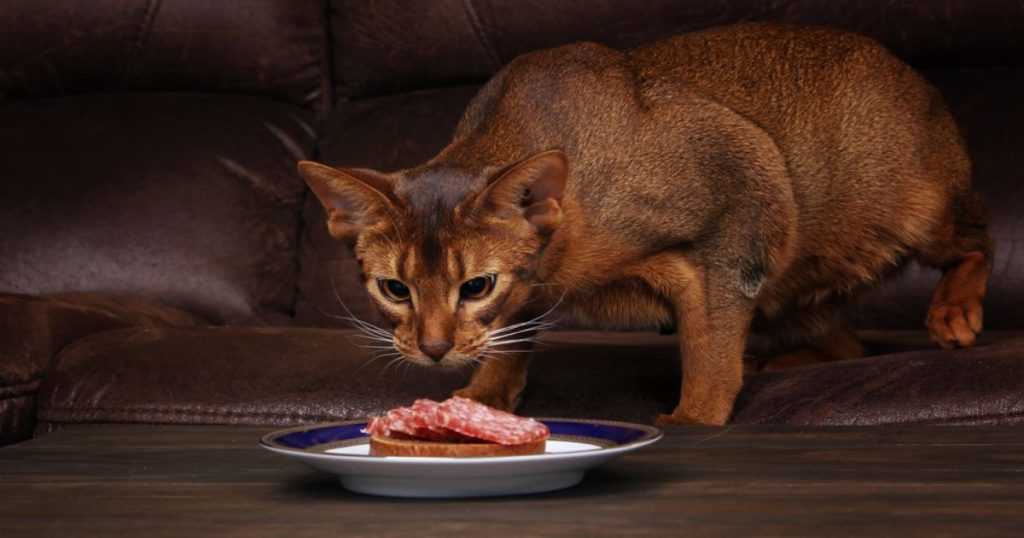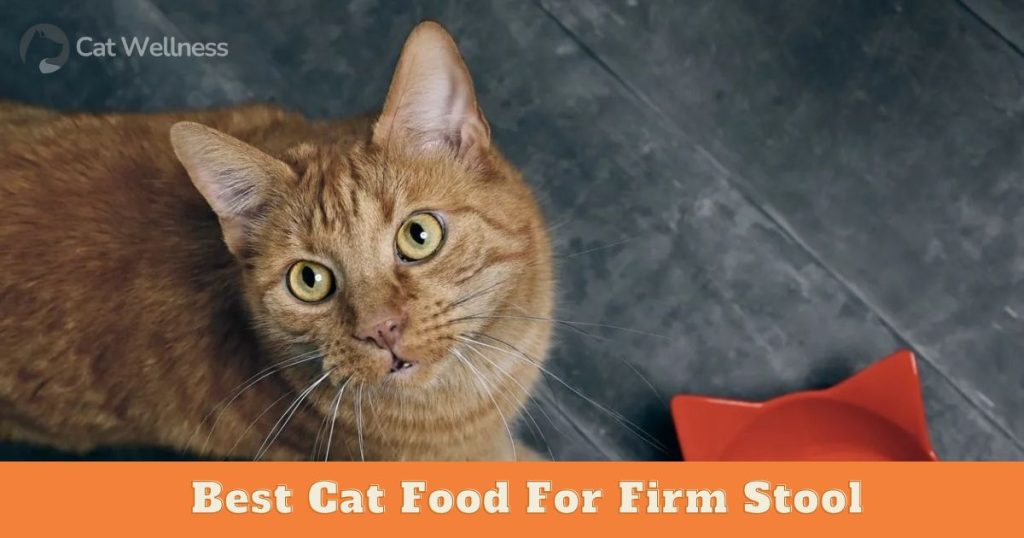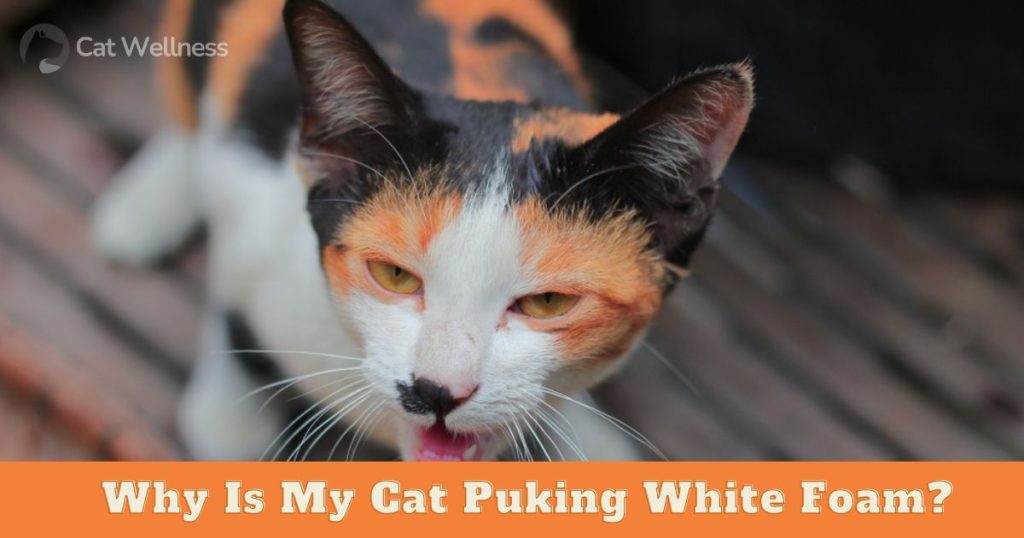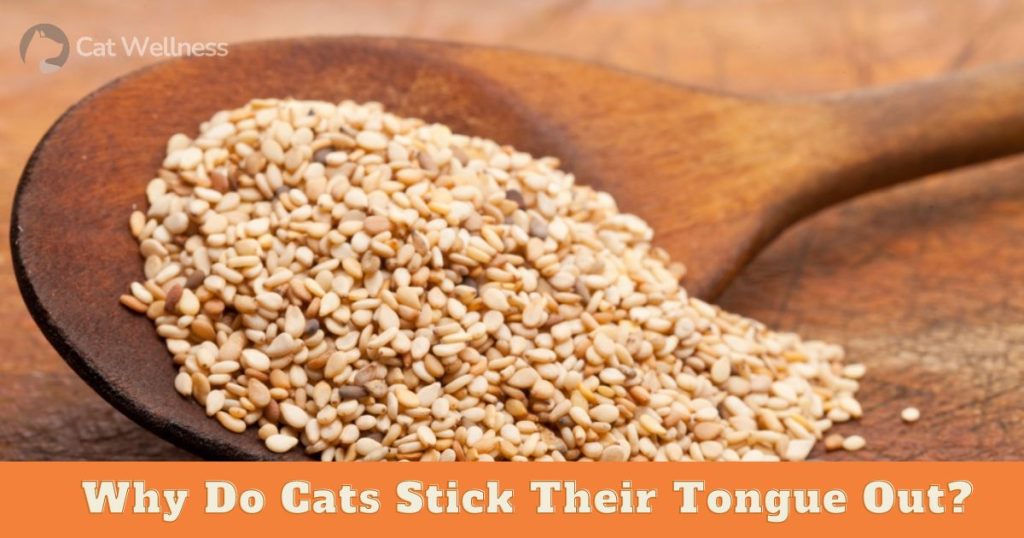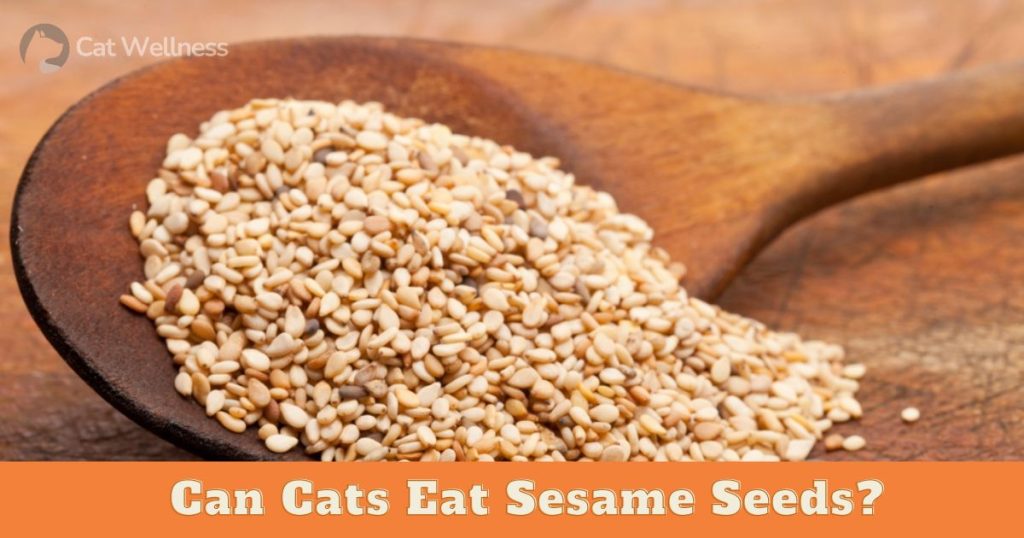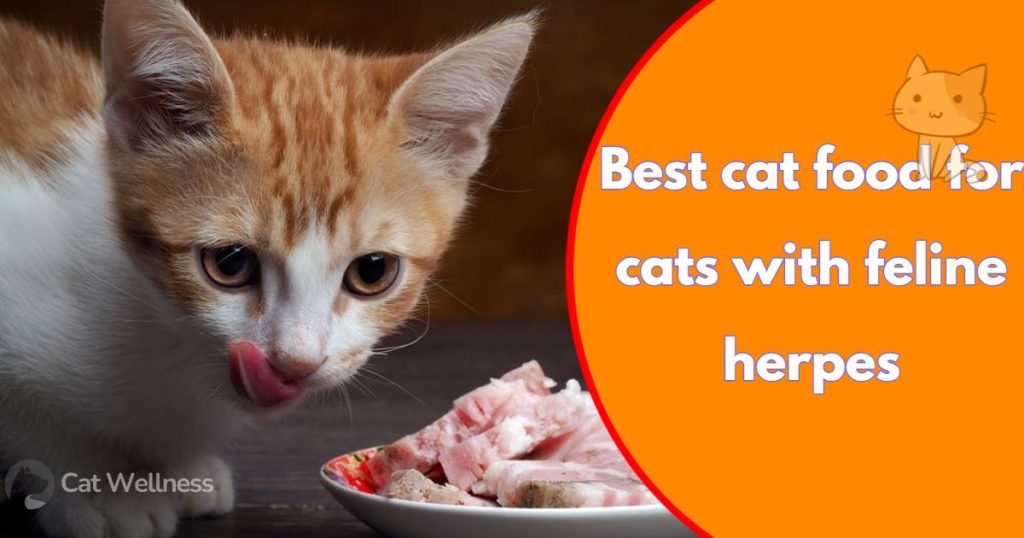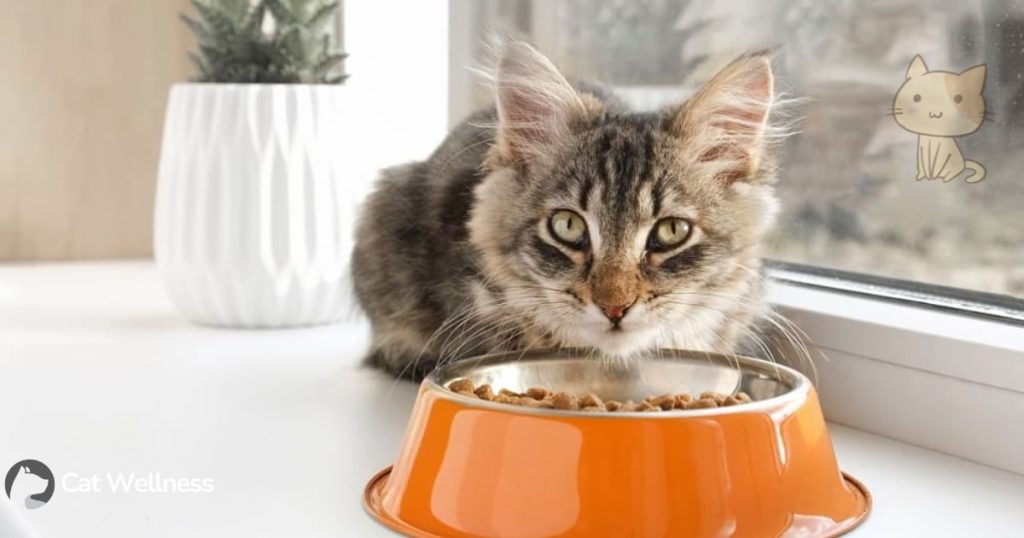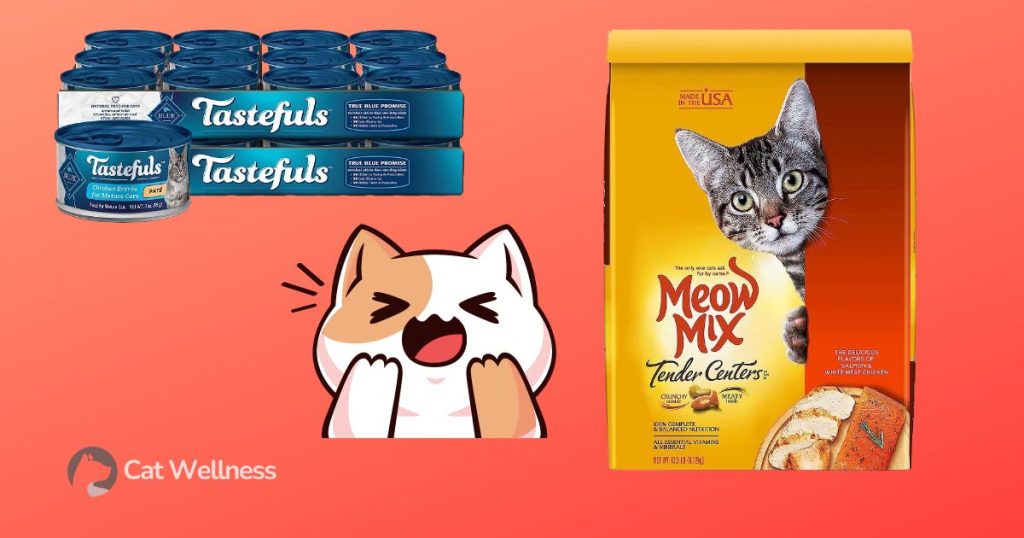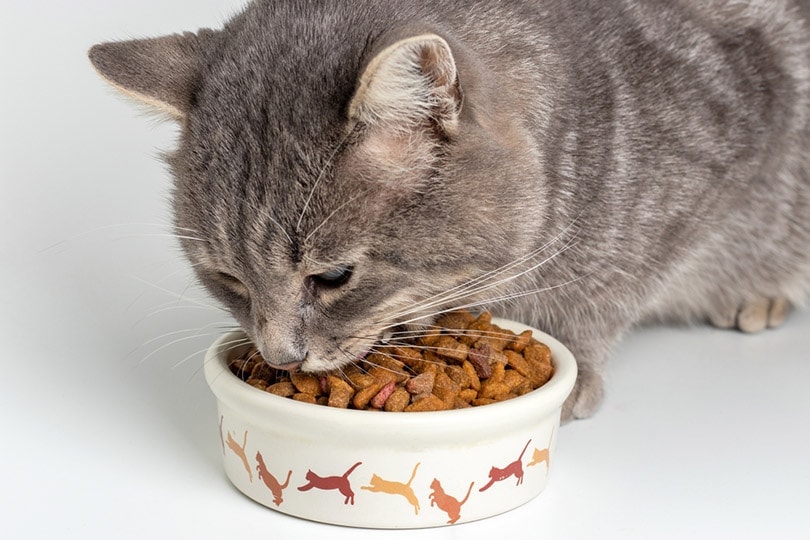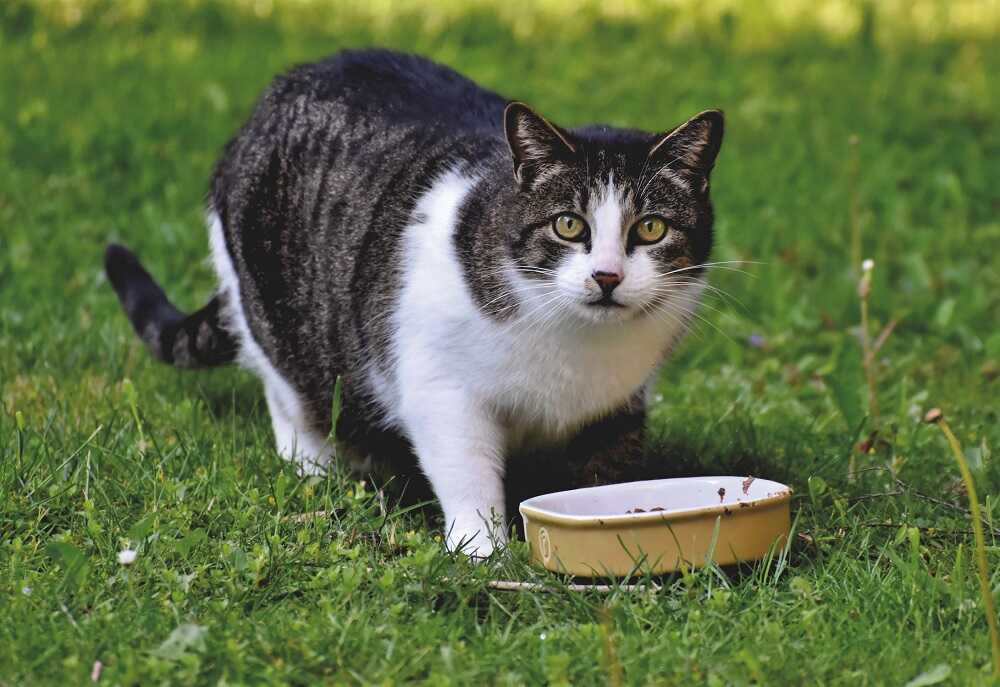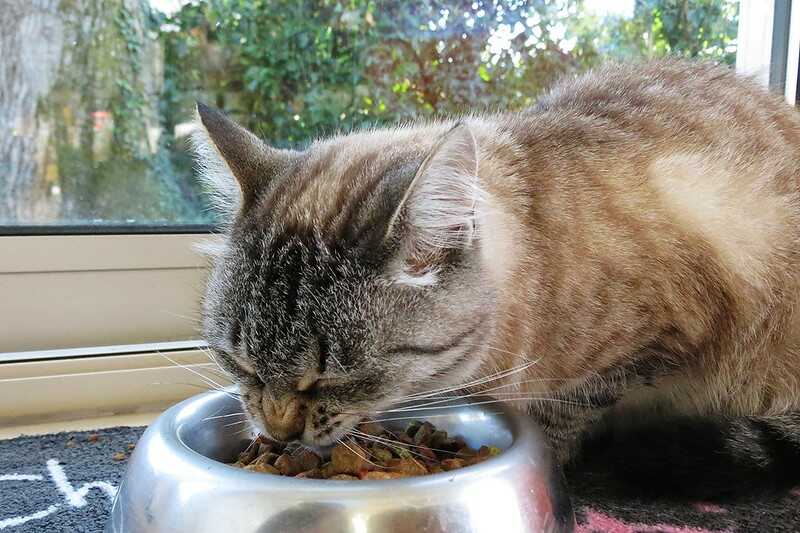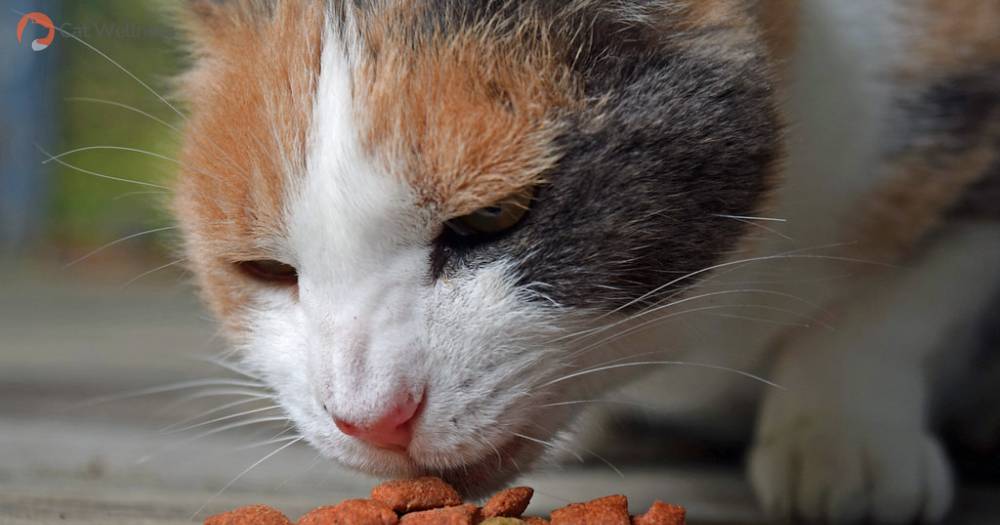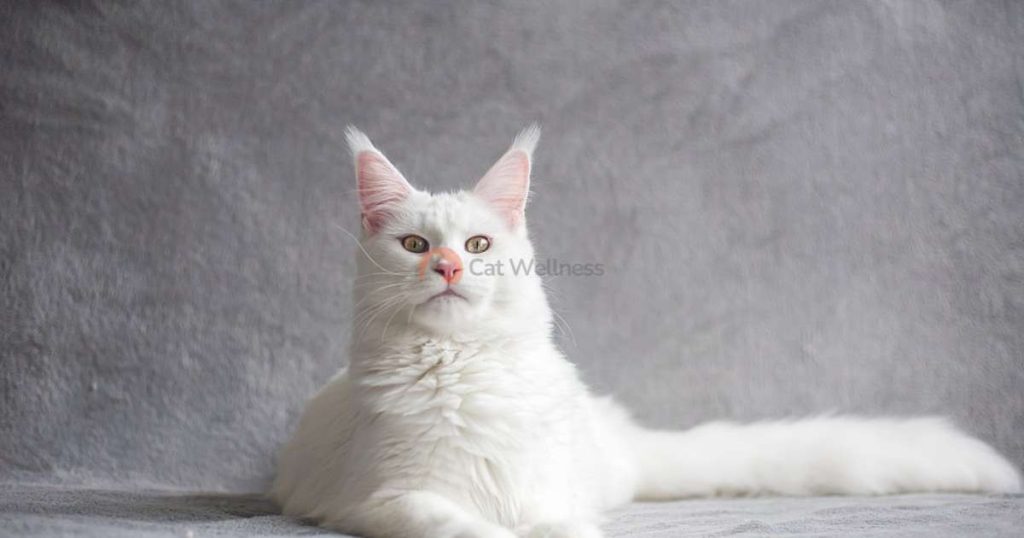Cookies have gained widespread popularity in almost every household, including my own. Consequently, it’s quite common for people to wonder if they can share these treats with their feline companions. So, can cats eat cookies?
While cookies are not inherently toxic to cats, they can harm their digestive system. This is because cookies often contain ingredients such as chocolate, white and brown sugars, artificial sweeteners, vanilla extract, butter, and other components, all known to be harmful to cats. This article will provide an overview of how cookies impact your cat’s well-being.
Can Cats Eat Cookies?
Yes, cats can consume certain types of cookies, but it’s important to do so in moderation. Ideally, it’s best not to give your cat any cookies, as some ingredients, such as raisins and chocolate, can be toxic to them.
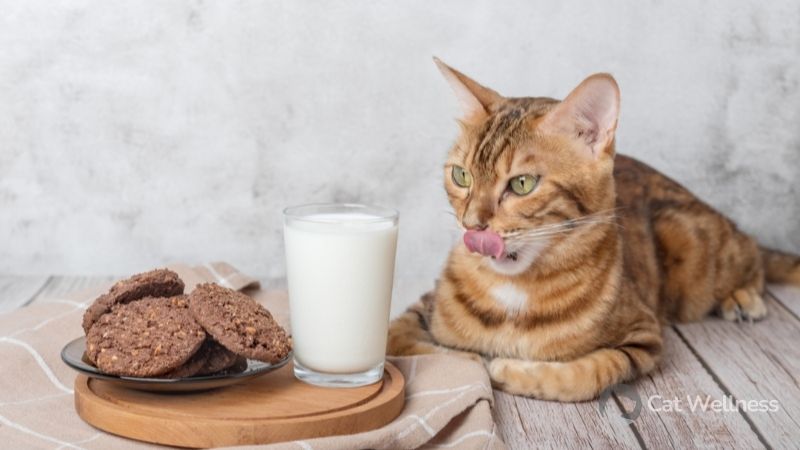
Cookies come in various flavours, with chocolate chip cookies particularly popular among humans. However, it’s essential to understand that chocolate chip cookies are unsuitable for our feline friends. Let’s delve into the composition of chocolate chip cookies to gain a better understanding.
A homemade chocolate chip cookie recipe typically includes the following ingredients:
- Butter (not safe for cats)
- White Sugar and Packed Brown Sugar (should be avoided)
- Eggs
- Vanilla Extract (toxic to cats)
- Baking Soda
- Salt (also toxic)
- All-purpose flour
- Chocolate Chips (a significant danger)
- Walnuts (best to avoid any nuts)
While a small piece of a cookie might be safe for cats, chocolate chip cookies contain tiny pieces of chocolate that can be deadly for them. Theobromine, a toxic chemical found in chocolate, even in small amounts, makes them unsafe for feline consumption.
If a Cat Eats a Cookie, What Happens?
If your cat is caught munching on a cookie, there’s usually no need to worry, especially if the cookie isn’t chocolate-based. A small nibble of a cookie is generally harmless. Consuming too much may result in minor stomach issues like vomiting or diarrhea.
Feeding sugary treats like cookies to your cat offers no nutritional value, which is critical to remember.
Cats are obligate carnivores and can do without carbohydrates, which cookies contain. Excessive cookie consumption can lead to an unhealthy sugar surplus in their system.
Moreover, giving your cat chocolate chip cookies or other chocolate-infused treats can be toxic and result in cat poisoning.
Various cookies, including plain, chocolate, shortbread, oatmeal, and peanut butter, are readily available. You can also prepare these cookies at home by finding recipes online.
For the sake of your beloved feline companion, it’s advisable to refrain from giving them these cookies. Feeding cookies to cats can lead to numerous health issues, such as obesity, heart problems, joint complications, toxicity, poisoning, renal issues, and more. It’s best to steer clear of offering these treats.
Given the negligible nutritional benefit of cookies for cats, it’s not necessary to introduce them to your cat’s diet. Vets generally approve of providing plain cookies occasionally. However, always scrutinise the ingredients to ensure they don’t contain raisins or chocolate, which can be toxic. In conclusion, there is no valid reason for a cat owner to feed their cat cookies.
Is It Safe For Cats To Consume Plain Sugar Cookies?
Plain sugar cookies are not a suitable choice for cats. Cats cannot taste sweetness, so whether the cookies have sugar or not doesn’t matter. Sugar cookies and other sugary treats like candy are not recommended for cats.
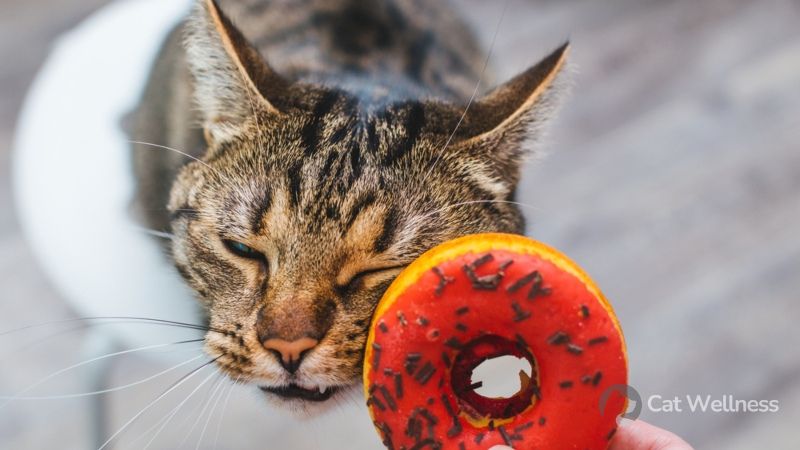
While sugar is not toxic to cats, it offers no nutritional benefit. Cats only need a small amount of sugar for their normal functioning, which they can obtain from their carnivorous diet. Sugar cookies, on the other hand, can lead to obesity and various health issues like heart disease and arthritis in cats. Remember that sugar cookies don’t provide any nutritional value for your cat.
Furthermore, if these cookies contain chocolate syrup or chips, it can be fatal for your cat. Feeding such cookies may reduce your cat’s lifespan by one or two years. Nearly 60% of domestic cats are overweight, so offering extra calories to your cat is not advisable as a responsible pet owner.
Can Cats Eat Cookies Without Chocolate?
Plain cookies may not contain chocolate, raisins, grapes, fruits, xylitol, or other additives, but they typically contain dairy products like butter and sugar, which can harm your cat’s health.
Veterinarians generally advise against giving any cookies to your cat. While an occasional plain cookie may not harm your cat, relying on these cookies as a primary source of nutrition over an extended period can lead to problems. In addition to their low nutritional value, these cookies can add excess calories to your cat’s diet, contributing to weight gain.
Cats thrive on a high-protein diet, and high-carbohydrate foods can lead to stomach issues and related symptoms. Cats that consume too much sugar are at a higher risk of gaining weight and developing illnesses such as heart disease, diabetes, and joint problems.
What About Oatmeal Cookies?
Oatmeal is a nutritious food for humans but can pose problems for cats. Oatmeal cookies are typically high in nutrients and have a sweet, crunchy texture unsuitable for cats. Unfortunately, many oatmeal cookies contain raisins and chocolate, which are highly toxic to cats and can be fatal.
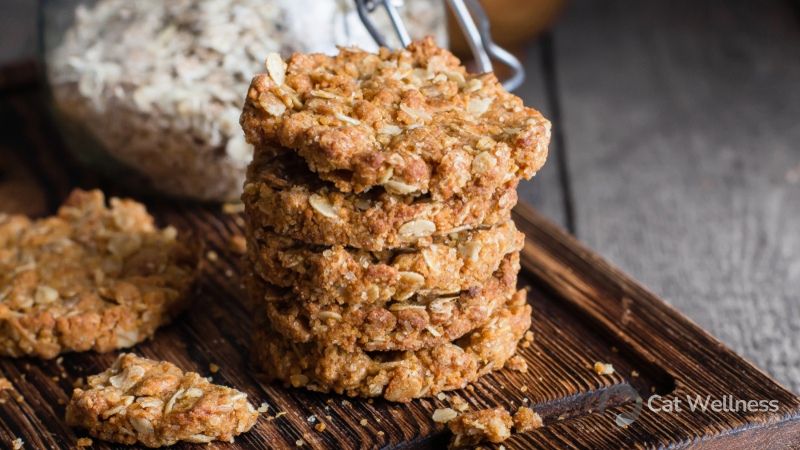
Even if some cookies are made without these harmful components, their high sugar and calorie content can still harm your cat’s health.
Conclusion
In short, we covered the question, can cats eat cookies? In summary, giving cookies to cats is not a good idea. While cookies are a delightful treat for humans, they hold little appeal for cats because they cannot taste sweetness.
Cats do not need the high sugar and carbohydrate content found in cookies. Consequently, while we might see cookies as a special treat, they should never be considered a reward for our feline companions.
Recommended Reading




